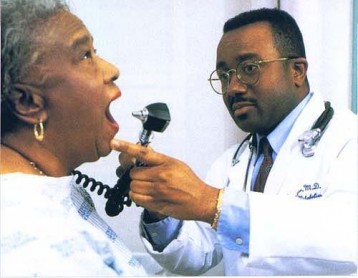North Carolina Agricultural and Technical State University’s Center for Outreach in Alzheimer’s, Aging and Community Health has received a significant boost in funding with a five-year, $4.8 million grant from the National Institutes of Health. This grant aims to investigate Alzheimer’s disease among middle-aged African Americans, a demographic that has been historically underrepresented in Alzheimer’s research.
The funding was secured by COAACH director Dr. Travonia Brown-Huges and is part of the prestigious NIH R01 funding program. The program is known as the “gold standard” for independent research grants. “By receiving this award, a researcher has demonstrated through a highly competitive peer review process both scientific merit and potential impact represented in their preliminary data,” noted Melissa Hodge-Penn, Ed.D., interim vice chancellor of the Division of Research at N.C. A&T.
The Research Game Plan
The NIH, a U.S. Department of Health and Human Services division, is renowned as the largest biomedical research agency globally, committed to preventing disease and enhancing health outcomes. The newly funded project is titled “The Black American United Memory and Aging Project: An Examination of Cognitive Decline in Mid-life & Older Black Adults.” It aims to explore biopsychosocial factors affecting cognitive health among 600 participants aged 55 and older.
Dr. Abdellah Ahmidouch, dean of the College of Science and Technology, expressed enthusiasm about the potential impact of this research. “Researching Alzheimer’s disease in middle-aged African Americans holds the potential for earlier detection, more effective treatments, and tailored prevention strategies, helping to reduce health disparities. This work aligns with our mission as both an HBCU and a land-grant institution dedicated to advancing science and serving underrepresented communities,” he said.
This innovative study will be conducted entirely online. Esteemed collaborating institution partners include Johns Hopkins University, Clemson University, Michigan’s William Beaumont Hospital, and the Maya Angelou Center for Health Equity at Wake Forest University School of Medicine.




